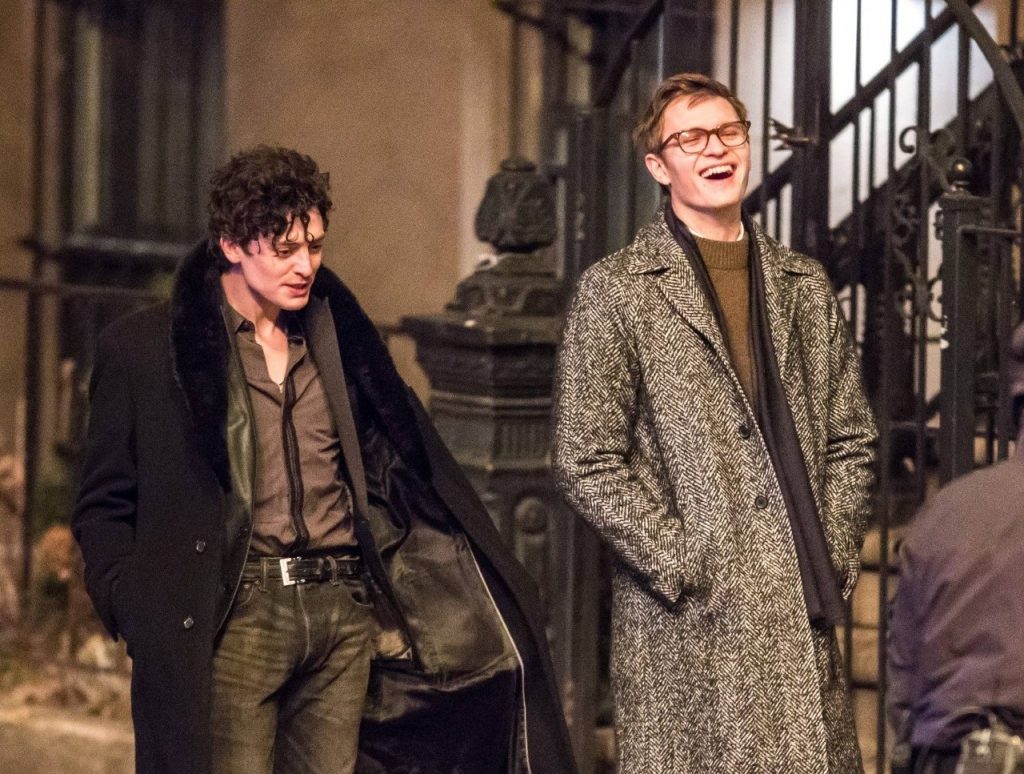There are many ways to process grief in the wake of a tragedy, some healthy and some not.
The new movie “The Goldfinch” follows the morally dubious ways in which a 13-year-old boy handles the shock of seeing his mother die in a terrorist explosion, and how his choices come to haunt him well into his adult life.
Based on a sprawling, Pulitzer Prize-winning novel by Donna Tartt, “The Goldfinch” follows the story of a 13-year-old boy named Theo whose life is upended when his mother is killed in a terrorist attack at the Metropolitan Museum of Art and steals a priceless painting called “The Goldfinch” amid the post-bombing chaos.
His theft is a move borne of extreme fear and confusion, as Theo (Oakes Fegley) believed that a dying old man in the rubble pointed to the painting “The Goldfinch” by Dutch master painter Carel Fabritius in order for Theo take it. The old man had already given him a priceless ring and told him to take it to an antique store run by a man named Hobie (Jeffrey Wright), and Theo believes the painting might have a hidden meaning as well between the two men.
As Theo flees with the ring, he slips “The Goldfinch” into a yellow bag and sneaks out of the museum with it. He keeps it hidden in a yellow bag for years, first when he’s taken in by rich family friends headed by Mrs. Barbour (Nicole Kidman).
Theo adjusts slowly to his new life with the Barbours, until one day when his father (Luke Wilson) — who abandoned him and his mother when Theo was young — comes back to claim him and move him to Las Vegas. Theo’s dad has a terrible gambling problem and soon exploits the money he inherited from his mother, and Theo becomes extremely close friends with a Russian immigrant boy named Boris (Finn Wolfhard), who has access to all sorts of illicit pills and the drug acid.
The two boys experiment with the drugs and drinking beer through all sorts of bad experiences that befall them, until one night when a surprise tragedy hits and Theo feels the need to run away back to New York. Boris stuns him by revealing his love for him, and by saying he can’t follow Theo on his cross-country flight.
Theo winds up staying with Hobie for years, helping him with his business in exchange for a secret, rent-free place to live. But when the story jumps to follow Theo (Ansel Elgort) in his 20s, his drug use, art theft and other dark aspects of his past come back to haunt him.
“The Goldfinch” is based on a bestselling, Pulitzer Prize-winning novel by Donna Tartt that was nearly 800 pages in length. The movie is also a sprawling tale, packed into 2 ¬Ω hours yet still feeling like it skips around too much at times in order to fit the key points into a reasonable amount of time.
While the movie is sumptuous to look at in its portrayal of upper-crust New York life, and many of the performances are strong (particularly Jeffrey Wright and Ansel Elgort), the story is so convoluted that it’s hard to follow at times and just as hard to care about what happens to the characters.
As the young Theo who is expected to carry much of the movie, Oakes Fegley is solid but his character boxes in his emotions so much that it’s hard for him to display much range. Elgort is better as the adult Theo, particularly in a heartbreaking scene in which he tries and fails to win the heart of the woman he truly loves while facing an impending loveless, basically arranged marriage to another woman.
But the most annoying aspect of the tale is its far too casual attitude towards illicit drug use, particularly the fact that it’s being carried out by tweens. There are few, if any, consequences to their use, which makes the characters who use them often unsympathetic.
At moments, “The Goldfinch” has a beauty, as Theo is forced to confront his past and the rebellious ways in which he processed his grief and anger, and can make viewers wonder what they would do in such extreme emotional circumstances. Overall, “The Goldfinch” has a plot that’s largely unpredictable, although its randomness winds up being a detriment more than an asset.
Due to some foul language and the copious drug use portrayed throughout much of the film, this is strictly for adults and not highly recommended at that.

